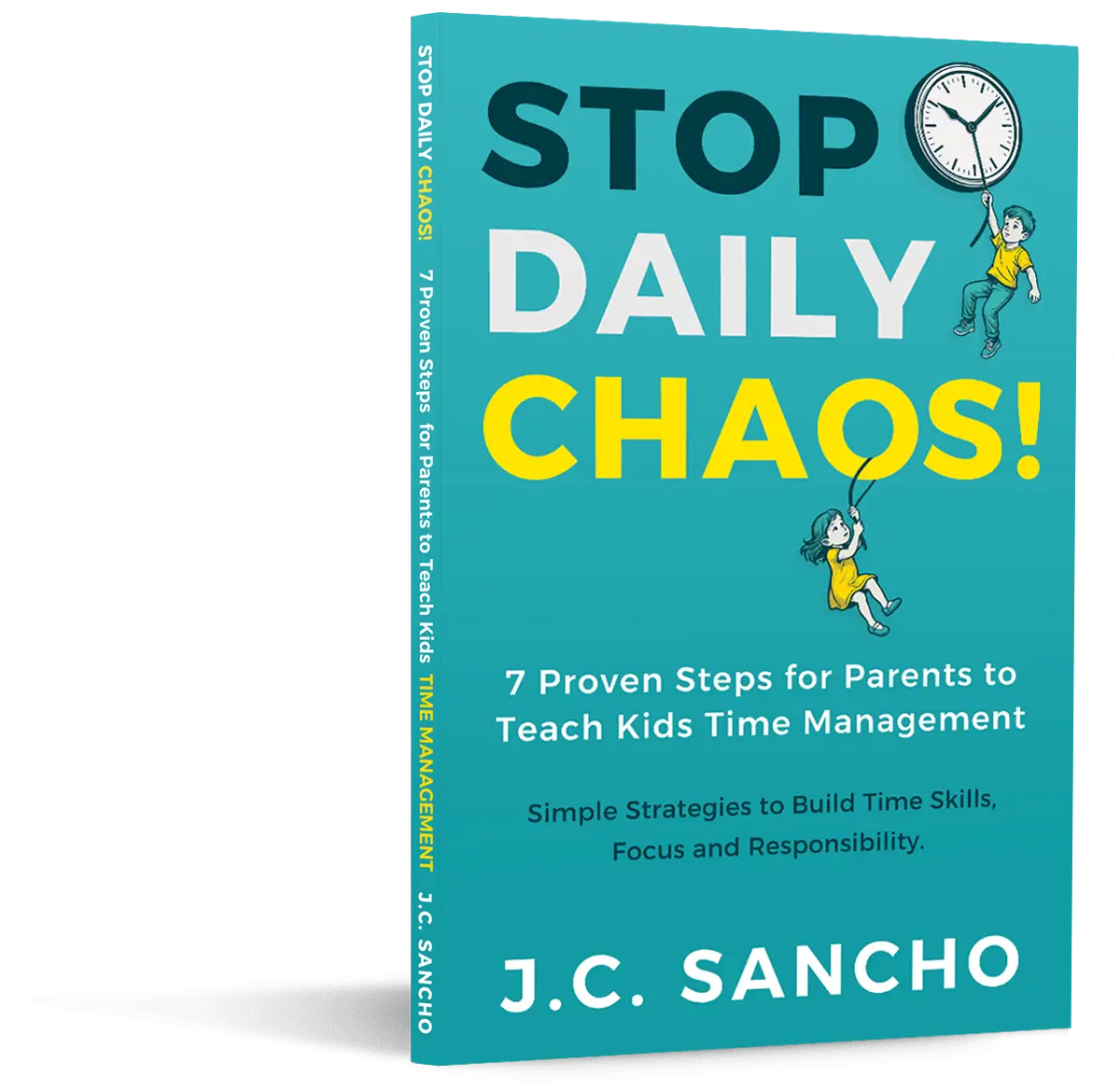Understanding the Importance of Consent Talk on Dating and Boundaries
Raising teens today means guiding them through a world that is far more complex and exposed than the one we grew up in. This isn’t the 1960s or 1970s, when topics like sex, abuse, or drugs were often kept behind closed doors. Silence then left many young people unprepared. Now, with the internet, social media, and peer culture, most kids already know something about these subjects by the time they hit middle school. The trouble is, what they know often comes from the wrong sources—friends, movies, or half-truths online.
That’s why parents must be the ones to set the record straight. Open, ongoing conversations about affection, sexuality, consent, boundaries, abuse, STDs, pregnancy, aggression, and drugs aren’t just protective—they’re empowering. They give our children the mental and emotional toolkit they need to recognize danger, respect themselves, and respect others. These conversations need to start early in age-appropriate ways, then grow deeper and more explicit as our children enter adolescence.
Laying the Groundwork in Childhood
Consent education doesn’t begin with dating. It begins in the small, everyday moments of childhood. When we teach a six-year-old to ask before borrowing a sibling’s toy, or when we remind a seven-year-old to knock before entering a room, we’re teaching the building blocks of consent. Even encouraging kids to say “no” when they don’t want a hug—and honoring that “no”—sends a powerful message: their body is their own, and so is everyone else’s.
At this stage, conversations should be simple and concrete. Focus on fairness, respect, and boundaries:
“We always ask before we touch.”
“No means no, even in games.”
“You get to decide who hugs or tickles you.”
These early lessons create a foundation that makes the teen discussions about dating and intimacy far less intimidating—because the core values have already been in place for years.
Shifting to Preteens: Expanding the Scope
As children move toward middle school, the conversations should broaden. Kids this age are already hearing words about sex, drugs, and relationships from peers, media, or online spaces. The mistake many parents make is assuming “they’re too young.” The truth is, they’re not too young to hear misinformation. Better that they hear the truth from you.
Preteens are ready to discuss:
Digital boundaries: who they share photos with, the risks of oversharing, the concept of permanence online.
Friendship dynamics: how to recognize pressure, gossip, or manipulation.
Respect for space: why everyone has the right to set limits, and why those limits must be respected without debate.
Here, conversations can use real-life examples from school drama, TV shows, or even social media trends. The aim isn’t to overwhelm them with adult material, but to normalize talking about these issues and to build trust.
Talking to Teens: Consent, Dating, and Boundaries
By adolescence, our children are navigating feelings of attraction, identity, and independence. This is the stage when silence becomes most dangerous. Teens today already know a great deal—but often in fragmented, sensationalized, or unhealthy ways. The parent’s role is to reframe what they’ve heard into a clear, respectful, values-based understanding.
Consent
Teens must understand that consent is ongoing, enthusiastic, and revocable. It isn’t “once and done.” Saying yes once doesn’t mean yes forever. Parents can drive the point home with practical statements:
“Consent isn’t just the absence of ‘no.’ It’s the presence of a clear, comfortable yes.”
“If you’re not sure, you pause. Respect always comes first.”
Dating and Boundaries
Boundaries take many forms—physical, emotional, and digital. Teens need to hear that it’s normal to set limits and that a healthy partner will honor them. Encourage them to think about their comfort zones before dating even begins: “What feels okay? What doesn’t?” Help them practice the language to communicate these limits, whether it’s about physical affection, personal space, or how often they want to text.
Sensitive Topics
This is also the age for frank, no-nonsense conversations about sexuality, STDs, pregnancy, drugs, abuse, and aggression. Avoid euphemisms. Teens can handle clear, factual explanations. Silence doesn’t protect them—it leaves them vulnerable. They need to hear both the risks and the respect-based strategies to navigate those risks safely.
Modeling Respectful Behavior
Our children are always watching us. The most powerful lessons in consent and boundaries come from the way we live them ourselves. When we respect our partner’s opinions, listen without interrupting, and model healthy disagreement without aggression, we’re teaching more than any lecture ever could.
Even casual moments matter: asking before borrowing something, apologizing when we overstep, or respecting our teen’s privacy by knocking before entering their room. These behaviors become living proof that boundaries and consent aren’t abstract—they’re everyday practices.
Keeping the Door Open
The key to these conversations is not delivering a one-time “speech” but building an ongoing dialogue. Teens need to know they can come to us with questions—even awkward or difficult ones—and that they won’t be shamed or shut down. The more we normalize talking about consent, dating, sex, and boundaries, the more likely they are to confide in us when they face a real situation.
Why It Matters More Than Ever
This isn’t about paranoia or mistrust of the world. It’s about equipping our teens to face the reality they already live in. By starting simple when they’re young and layering in the tougher conversations as they grow, we give them the confidence to protect themselves, respect others, and navigate relationships with maturity.
If we don’t talk about these things, someone else will—and that “someone else” may be an unreliable friend, a manipulative partner, or the chaos of the internet. When we talk openly, we become the trusted source of truth and care. And in today’s world, that may be one of the most important roles a parent can play.



